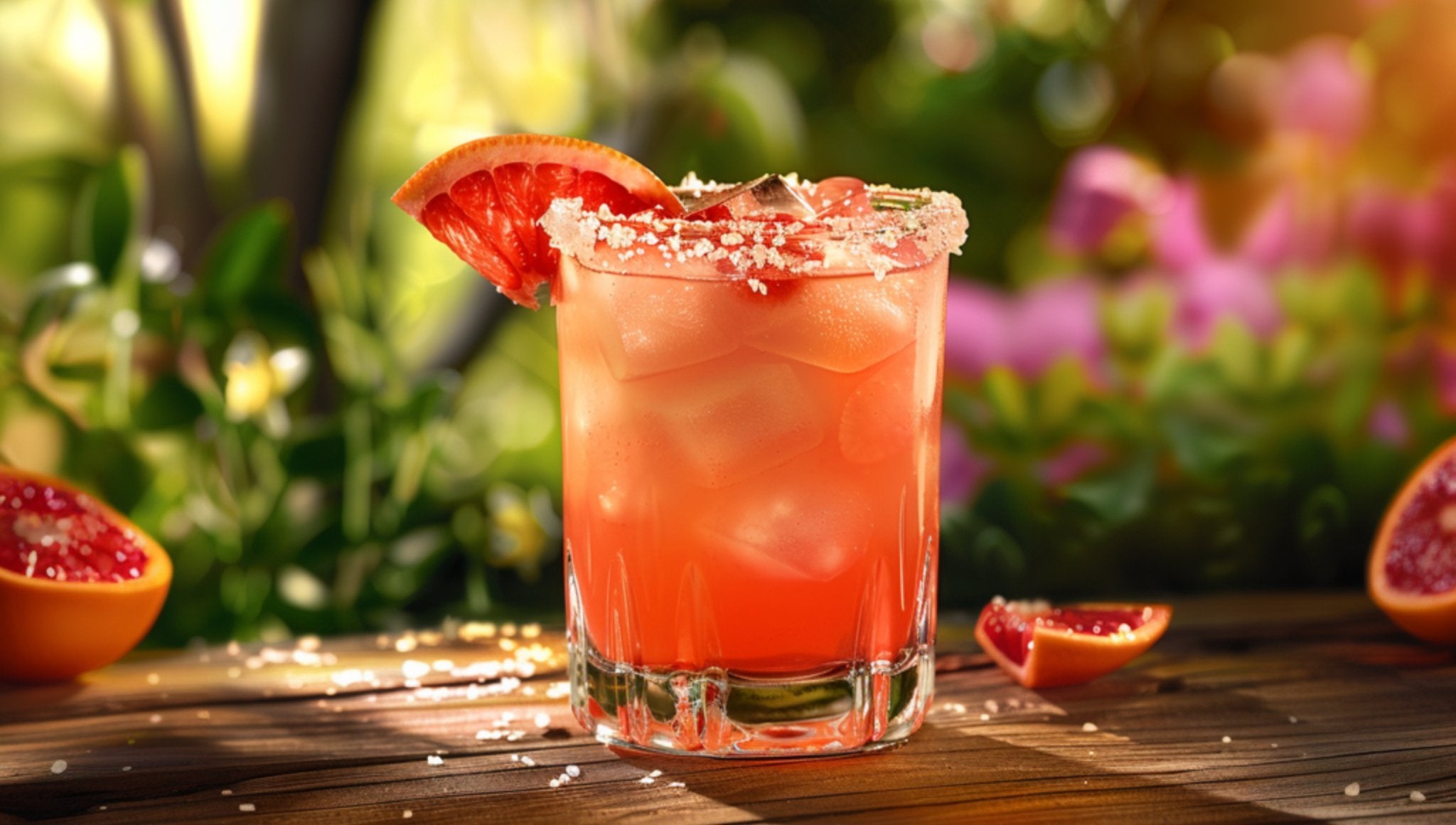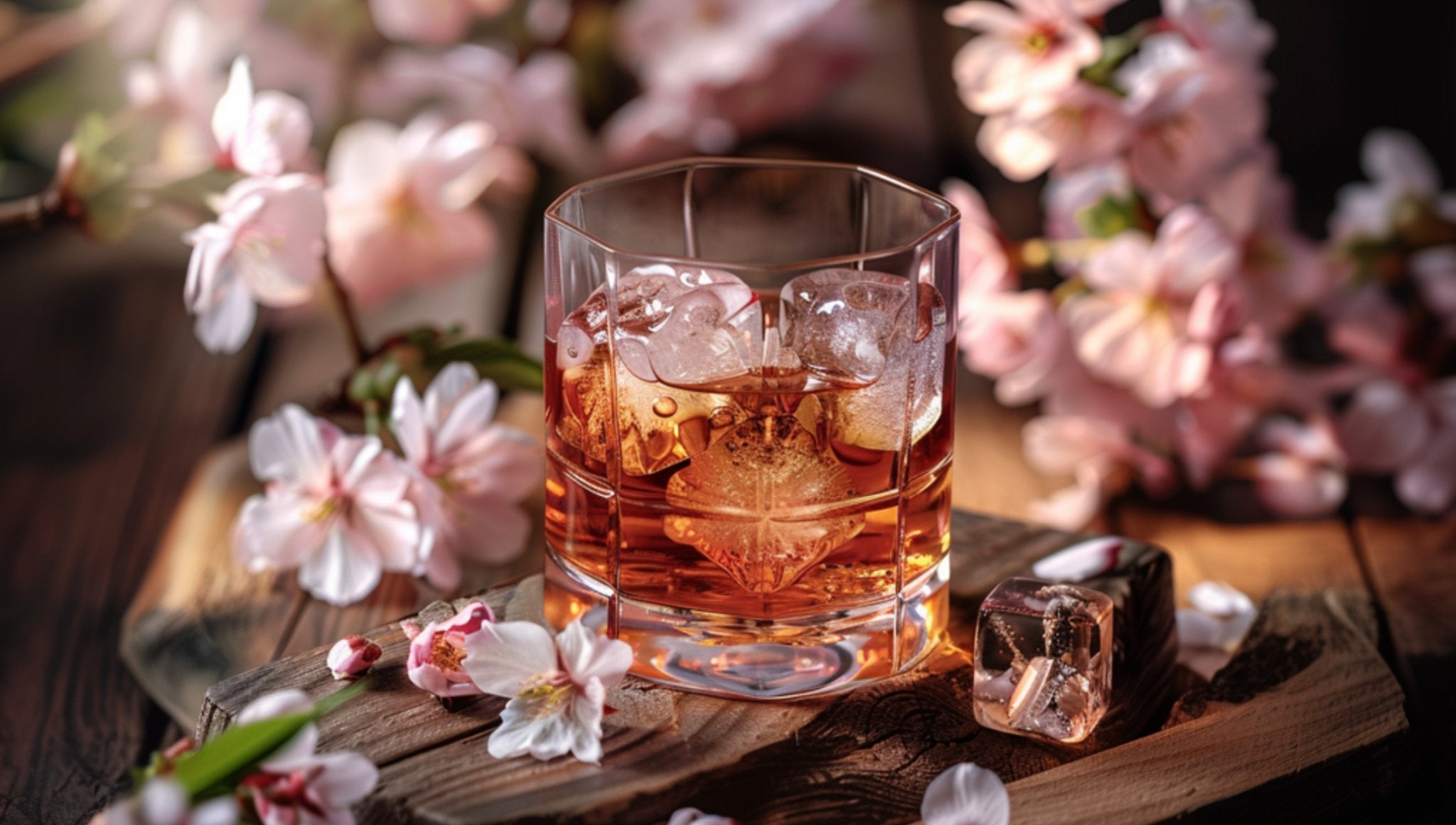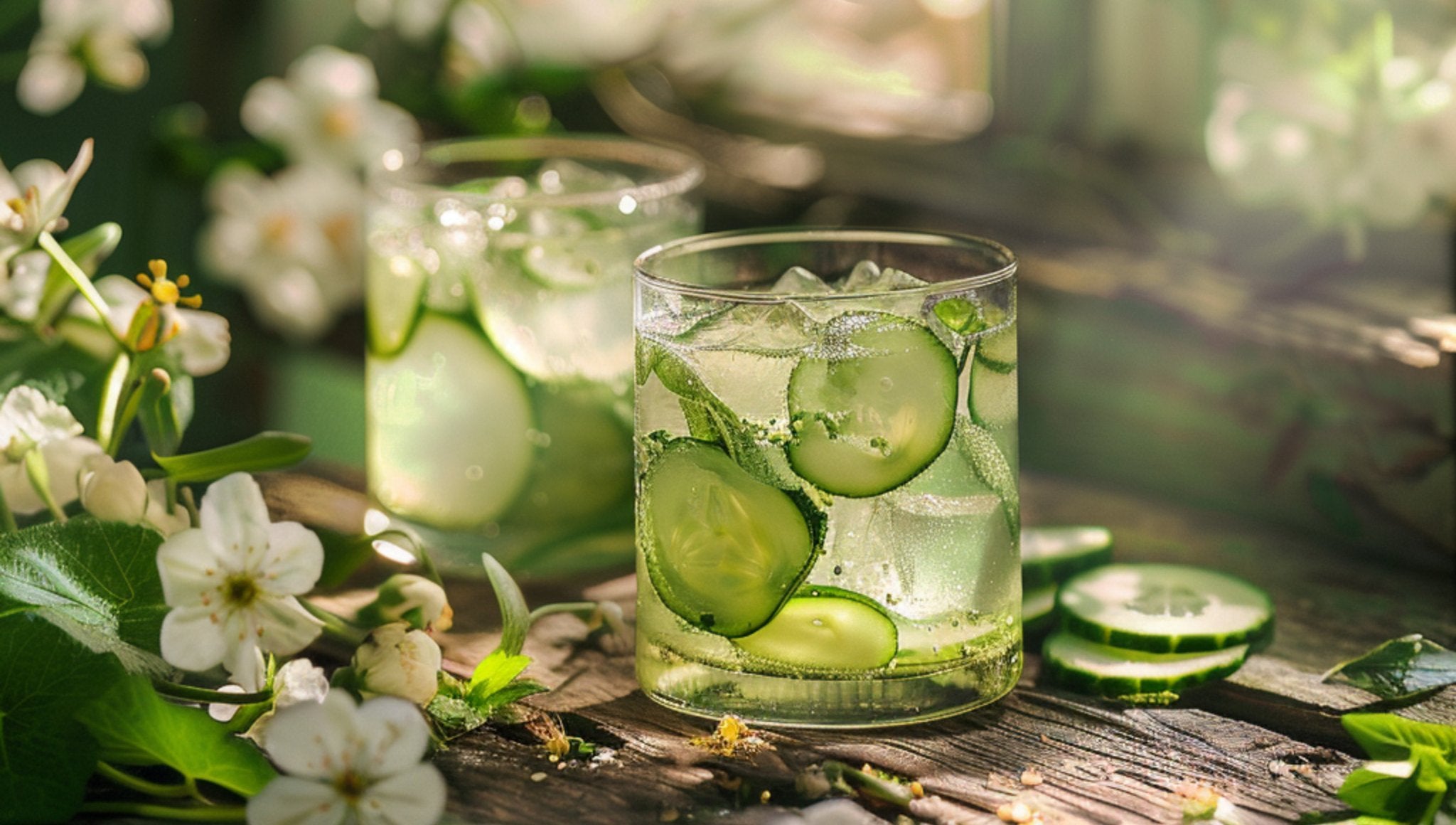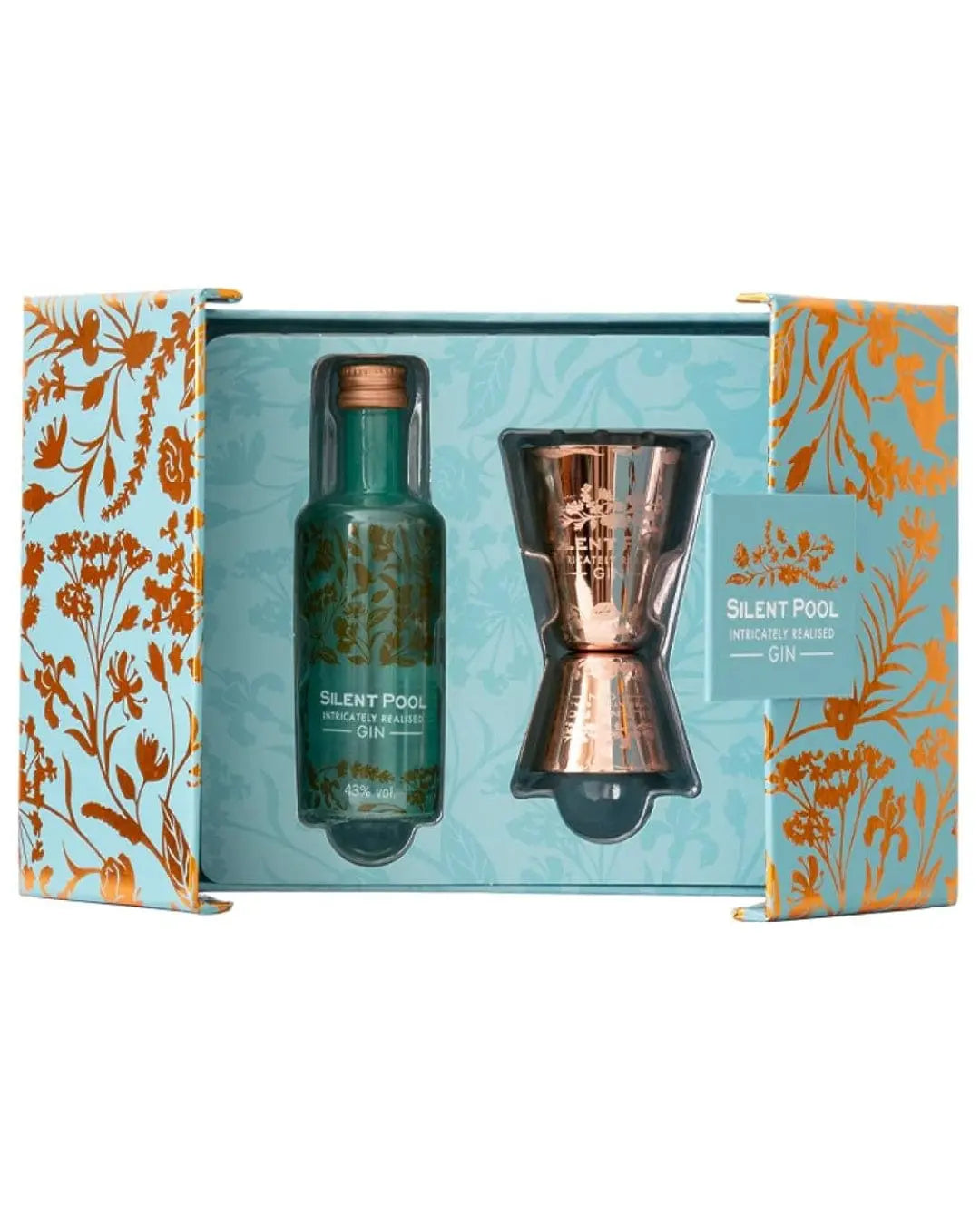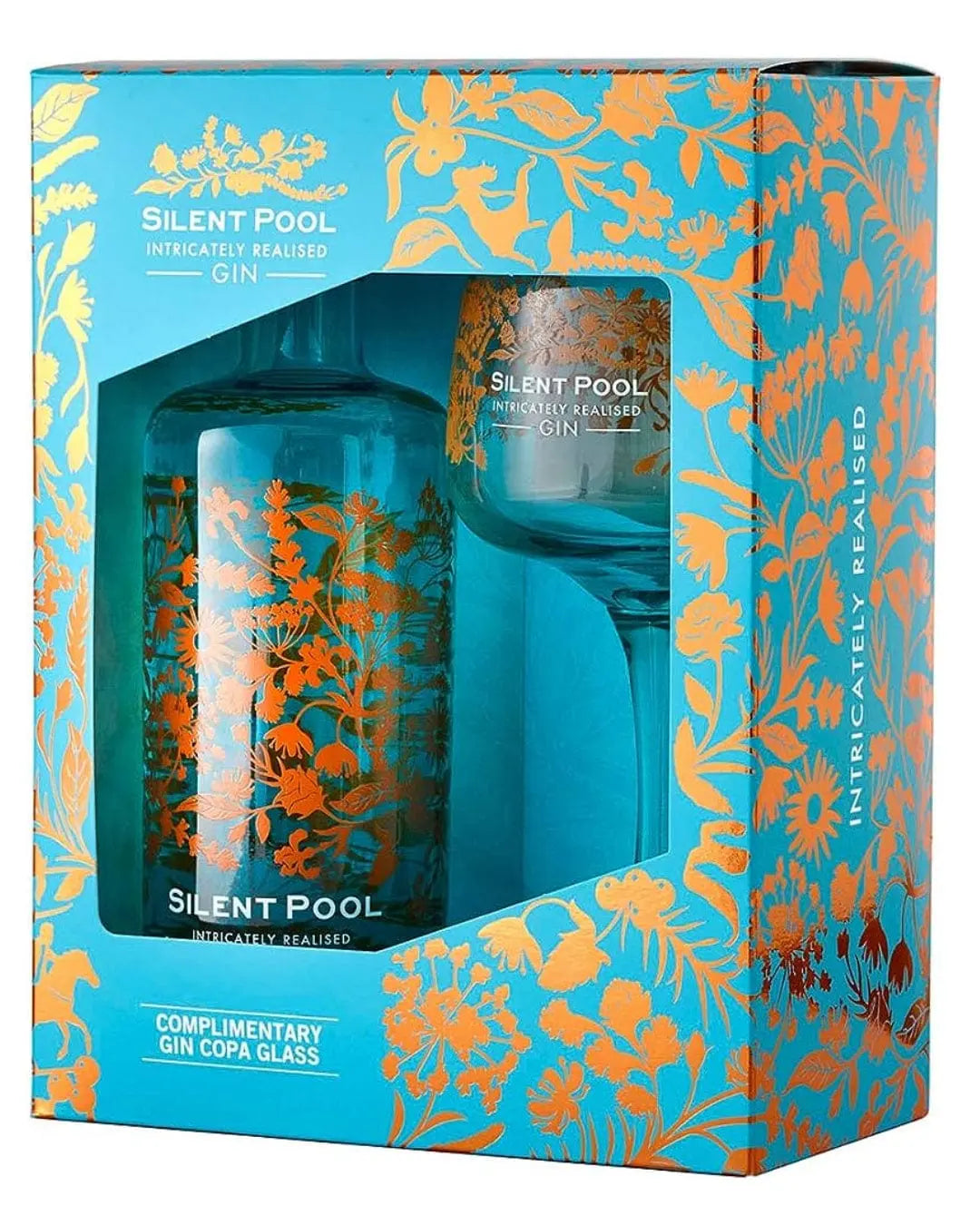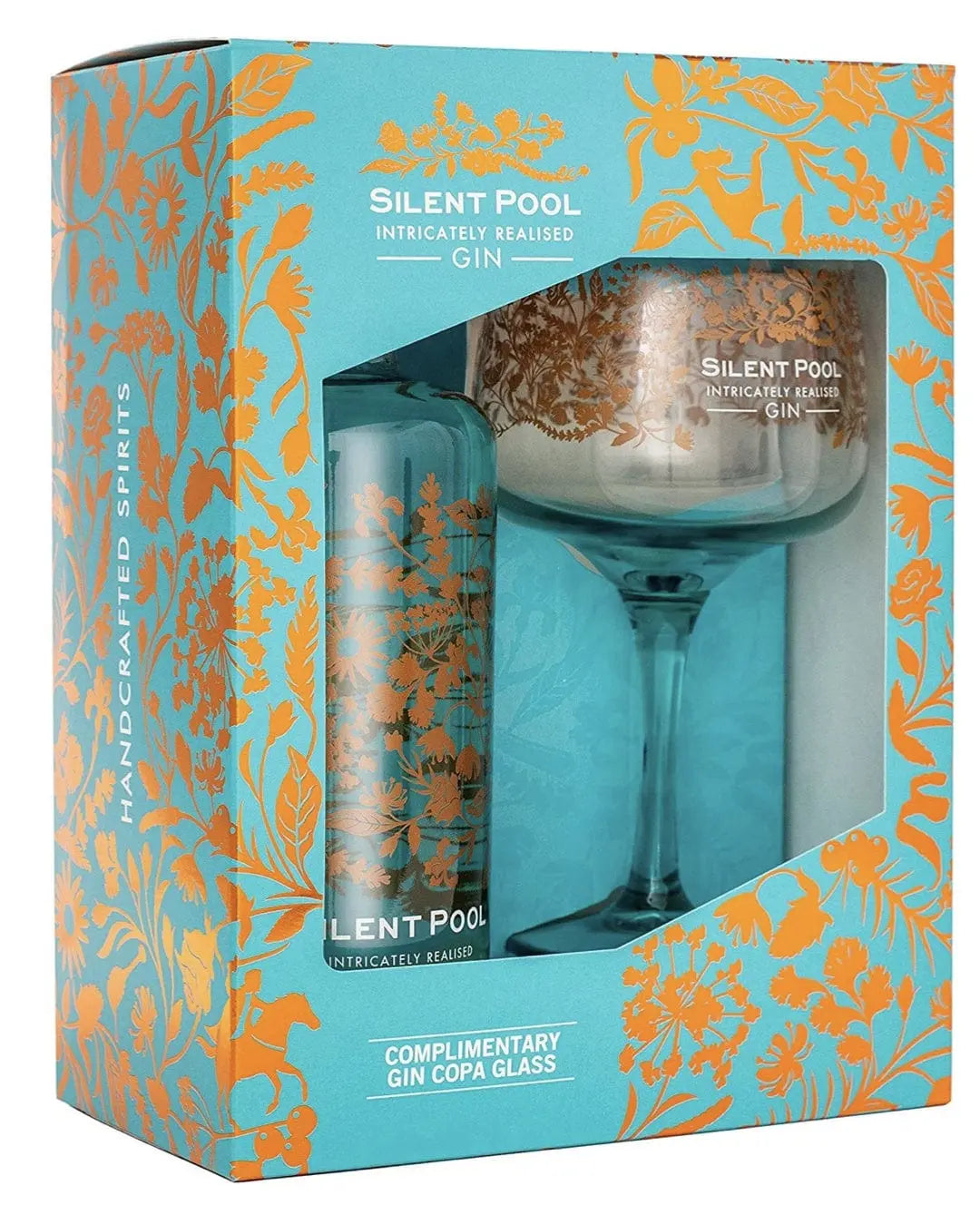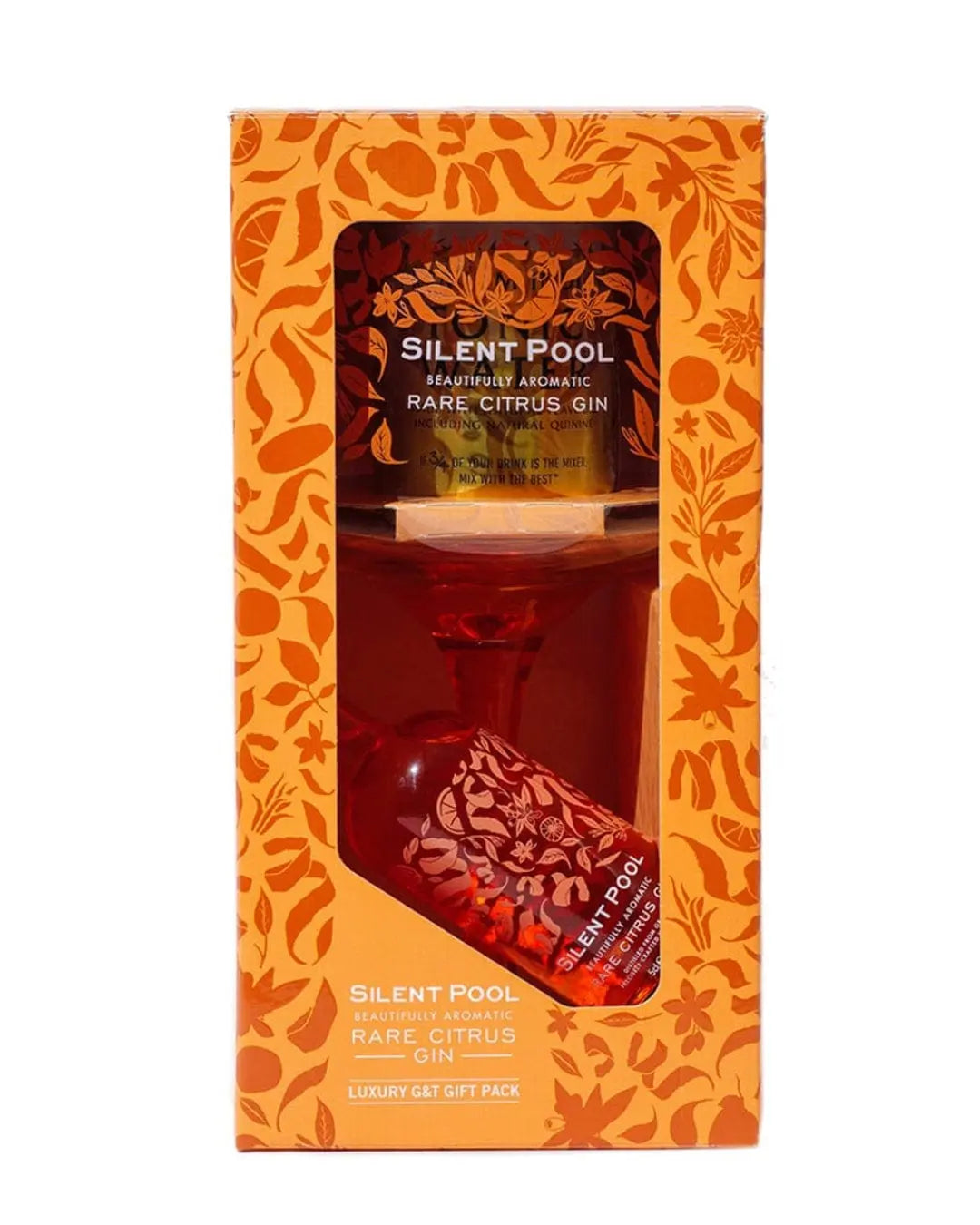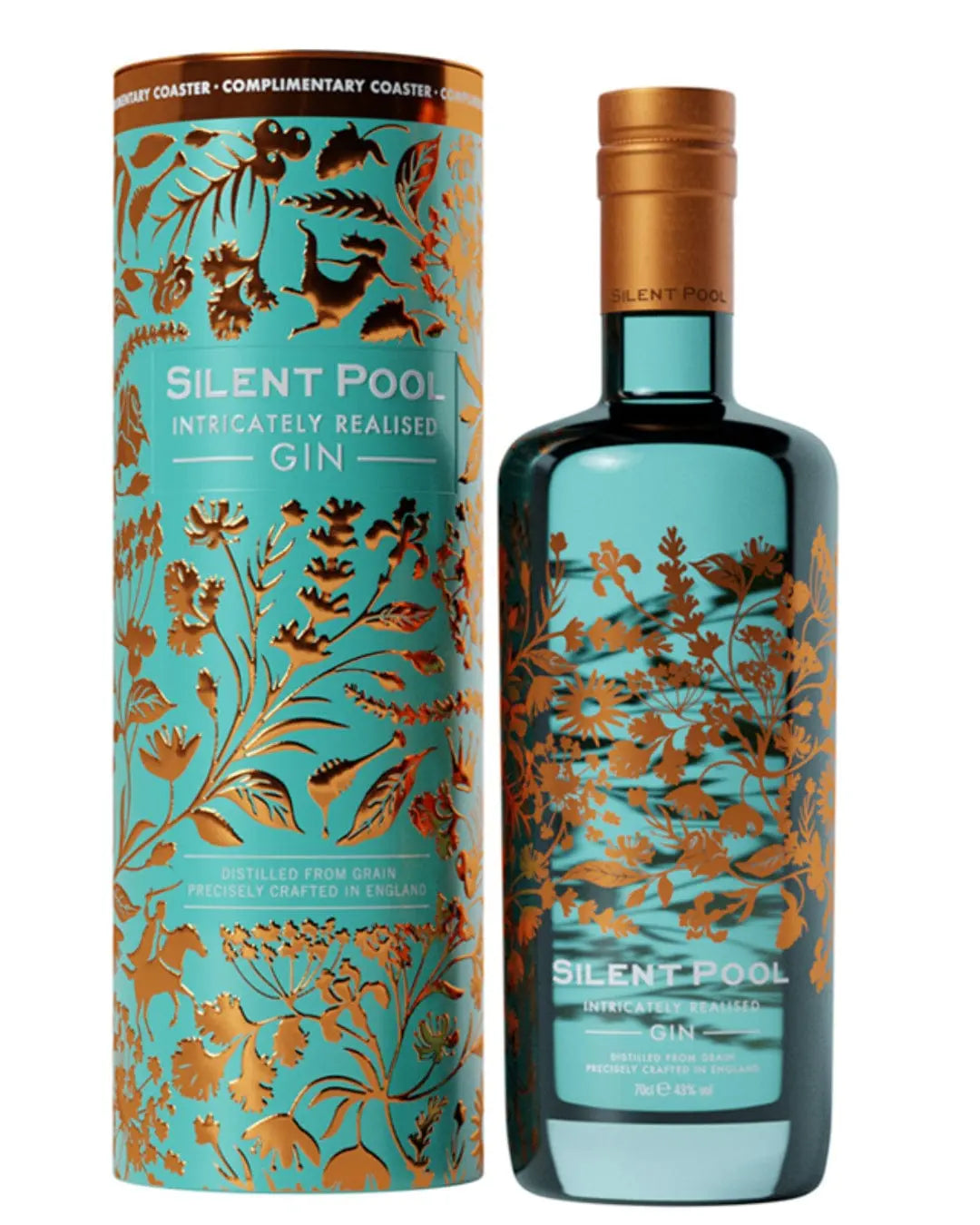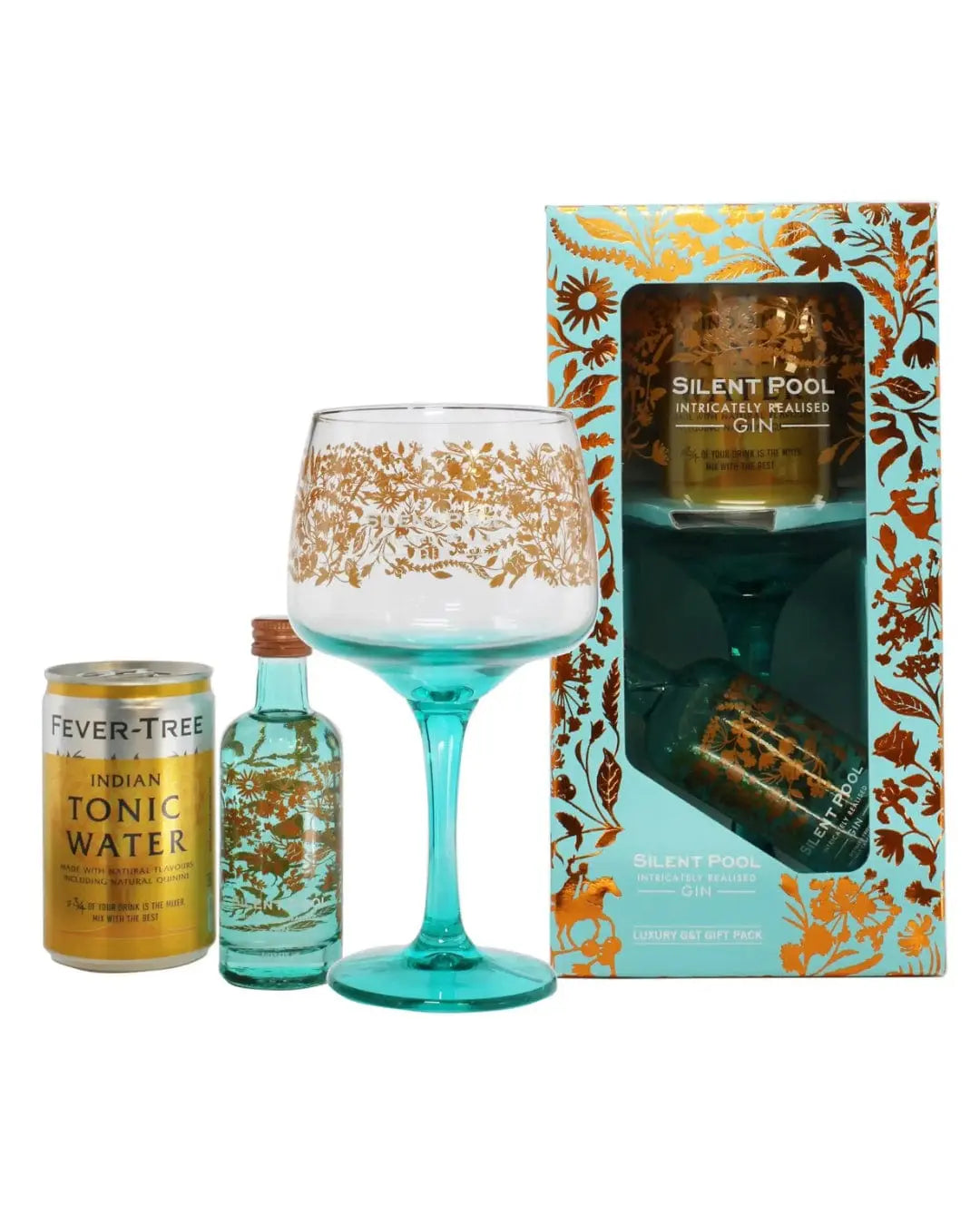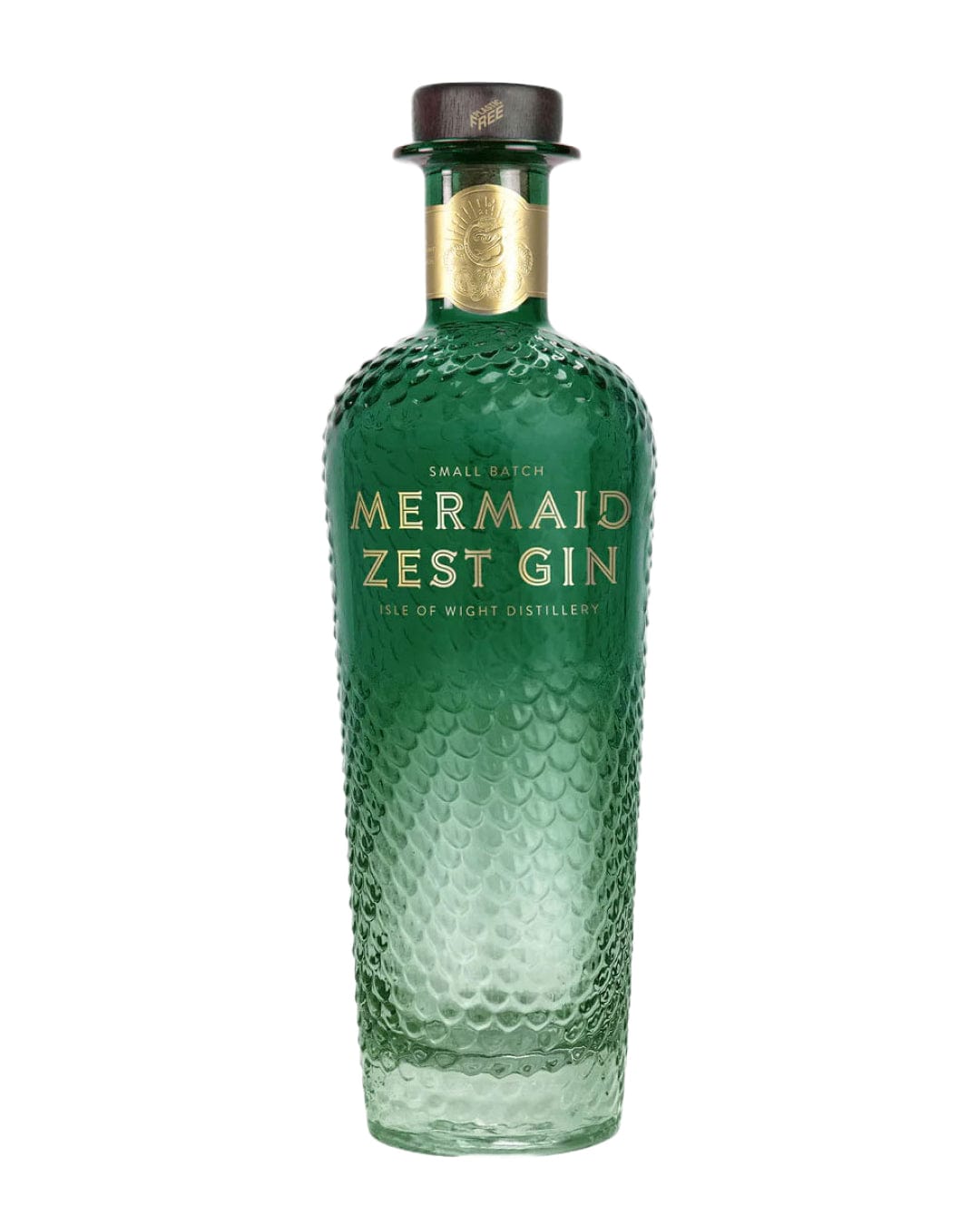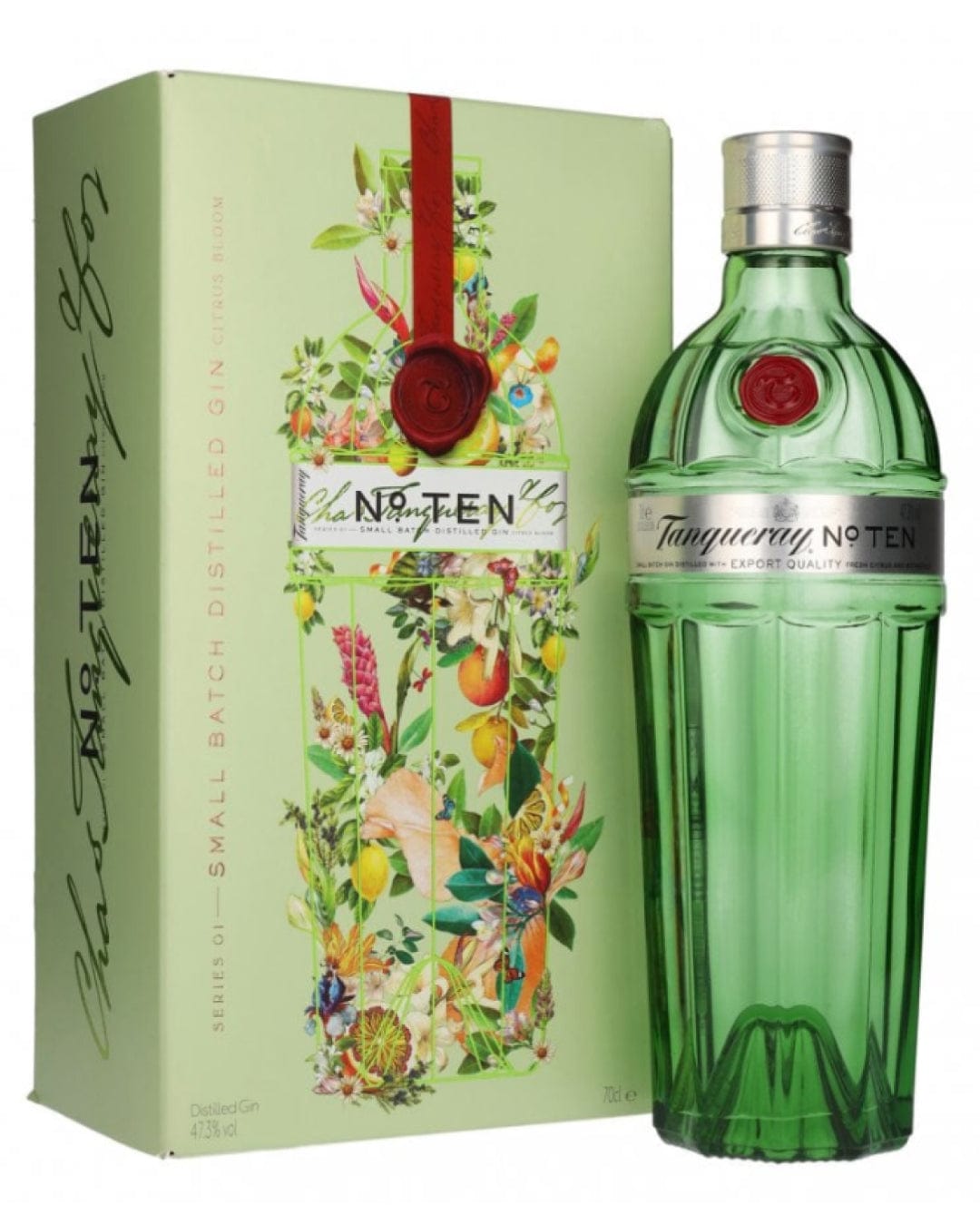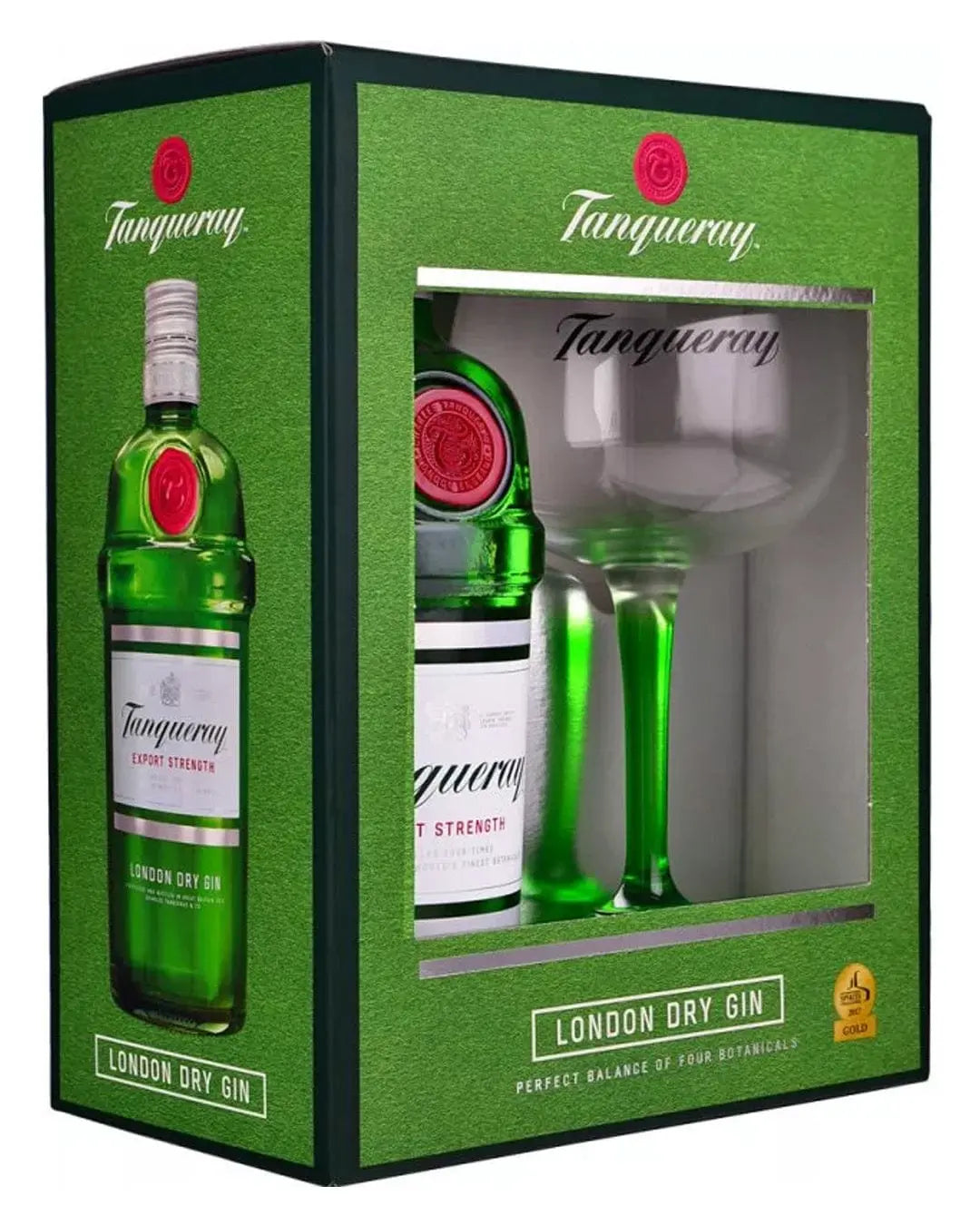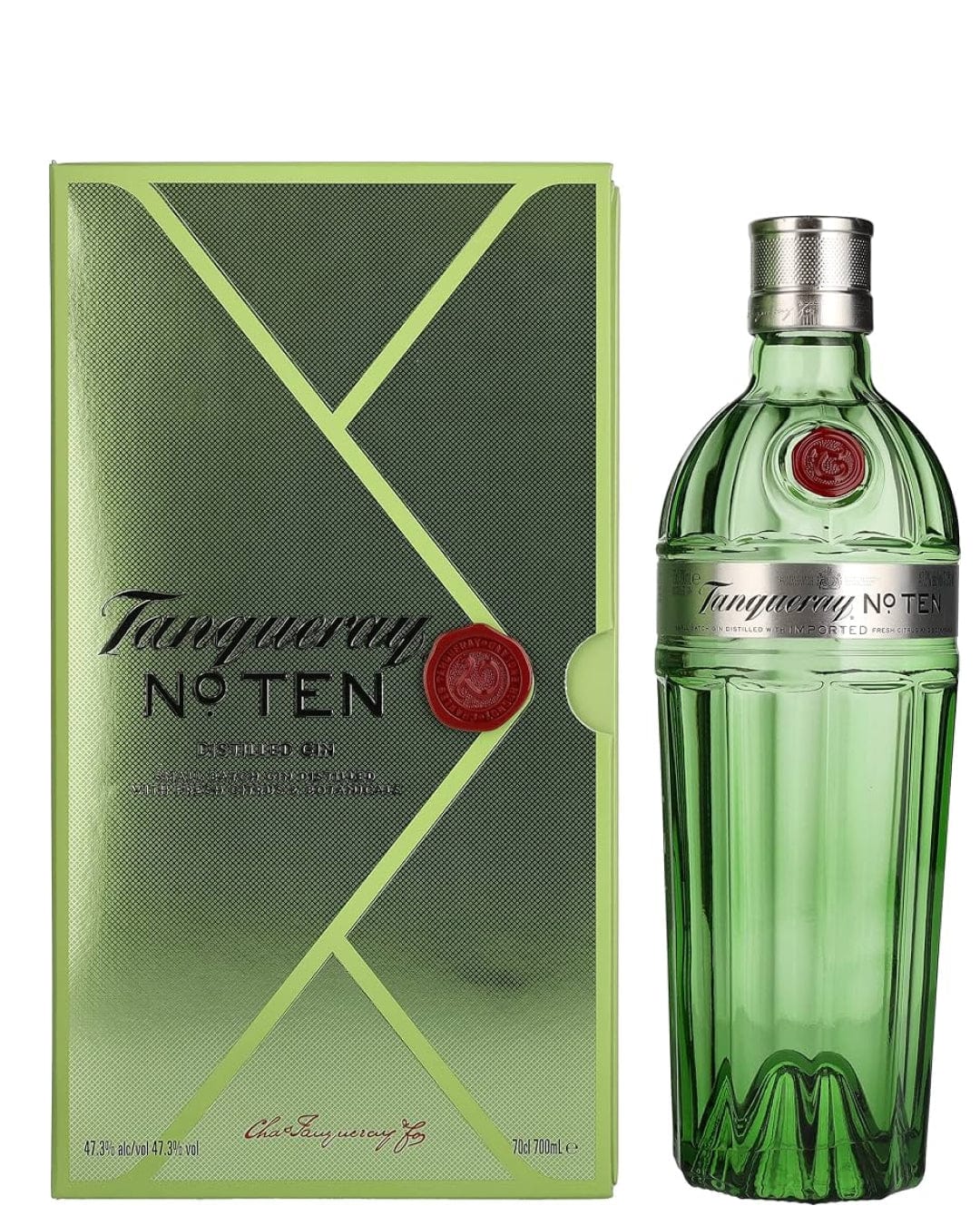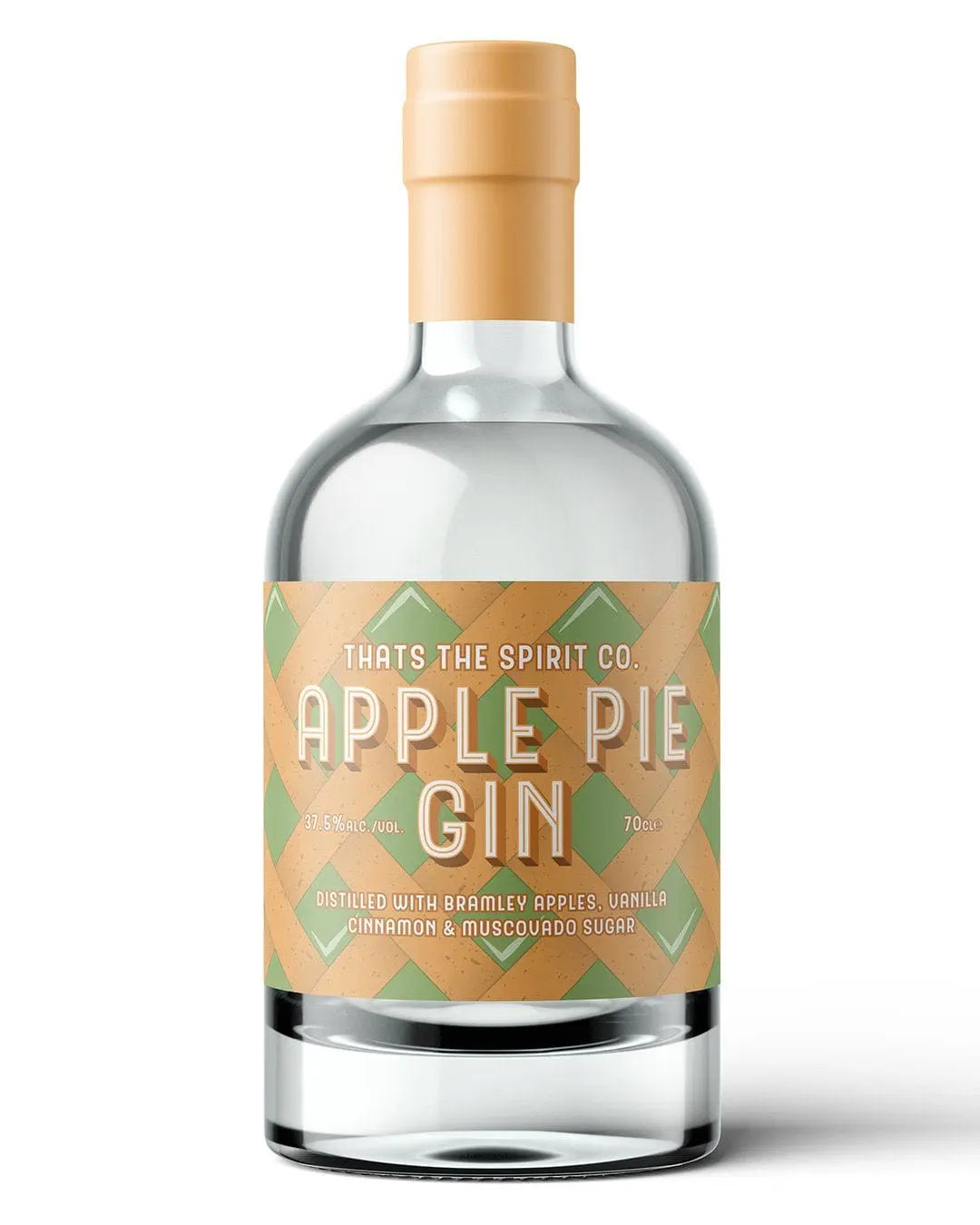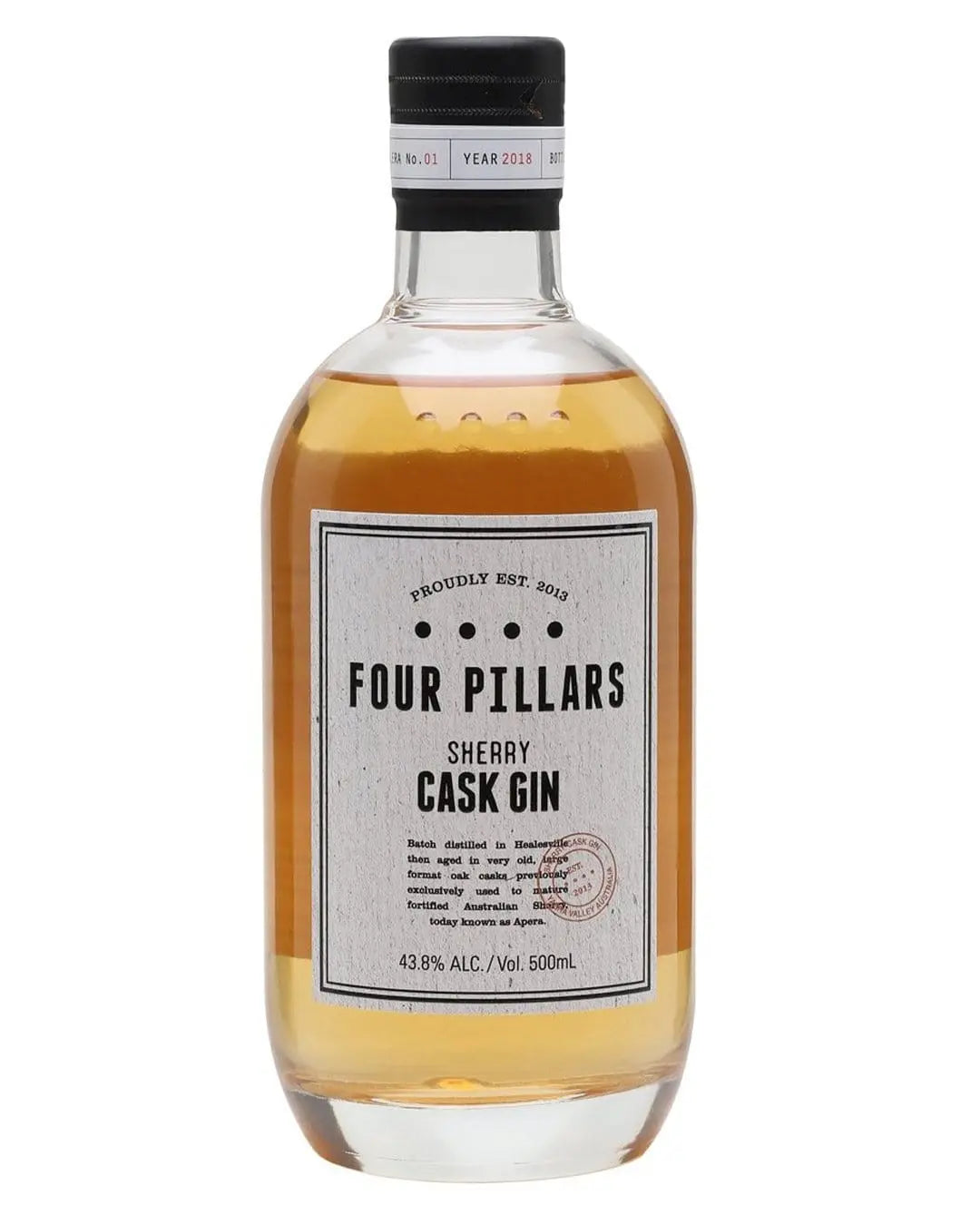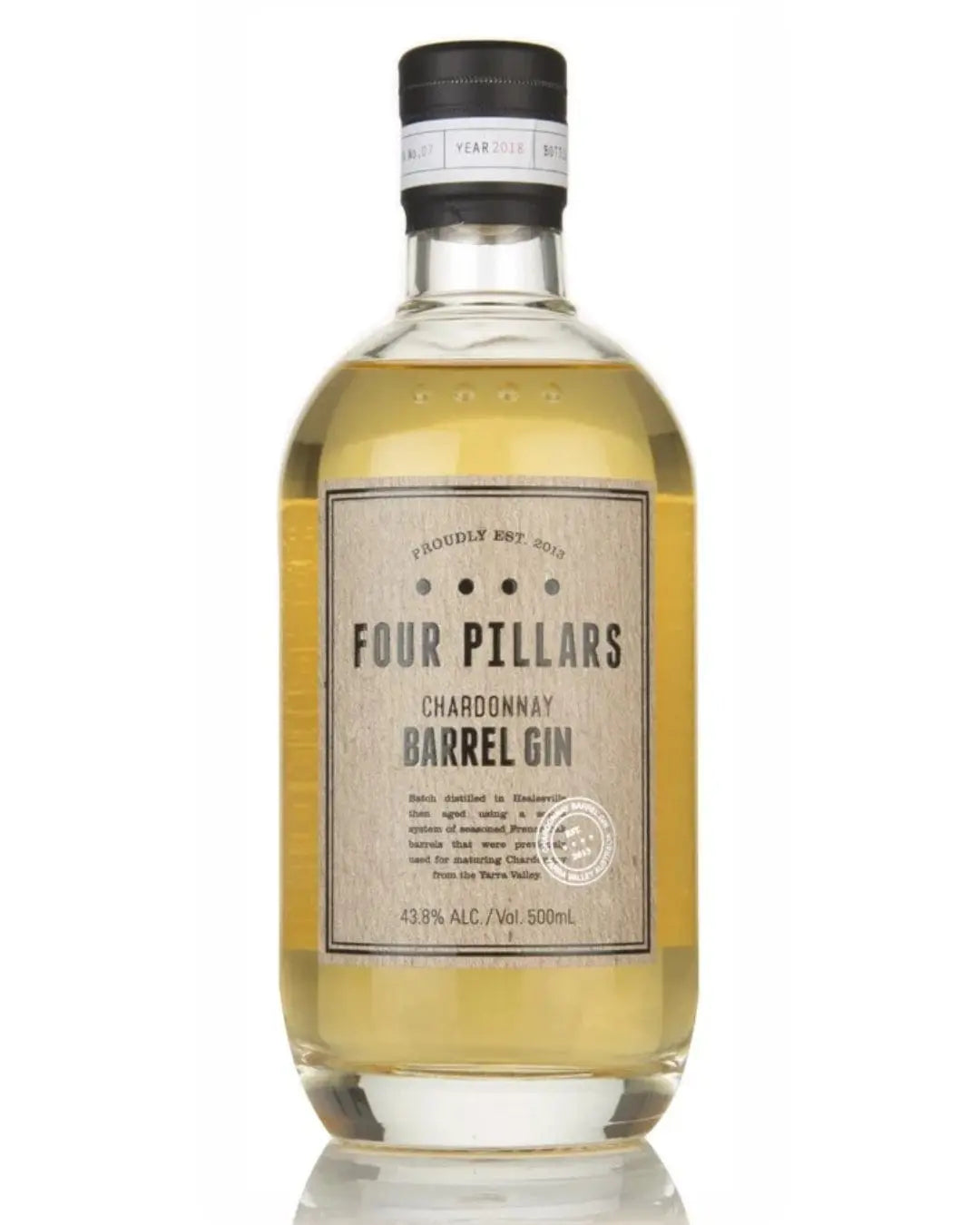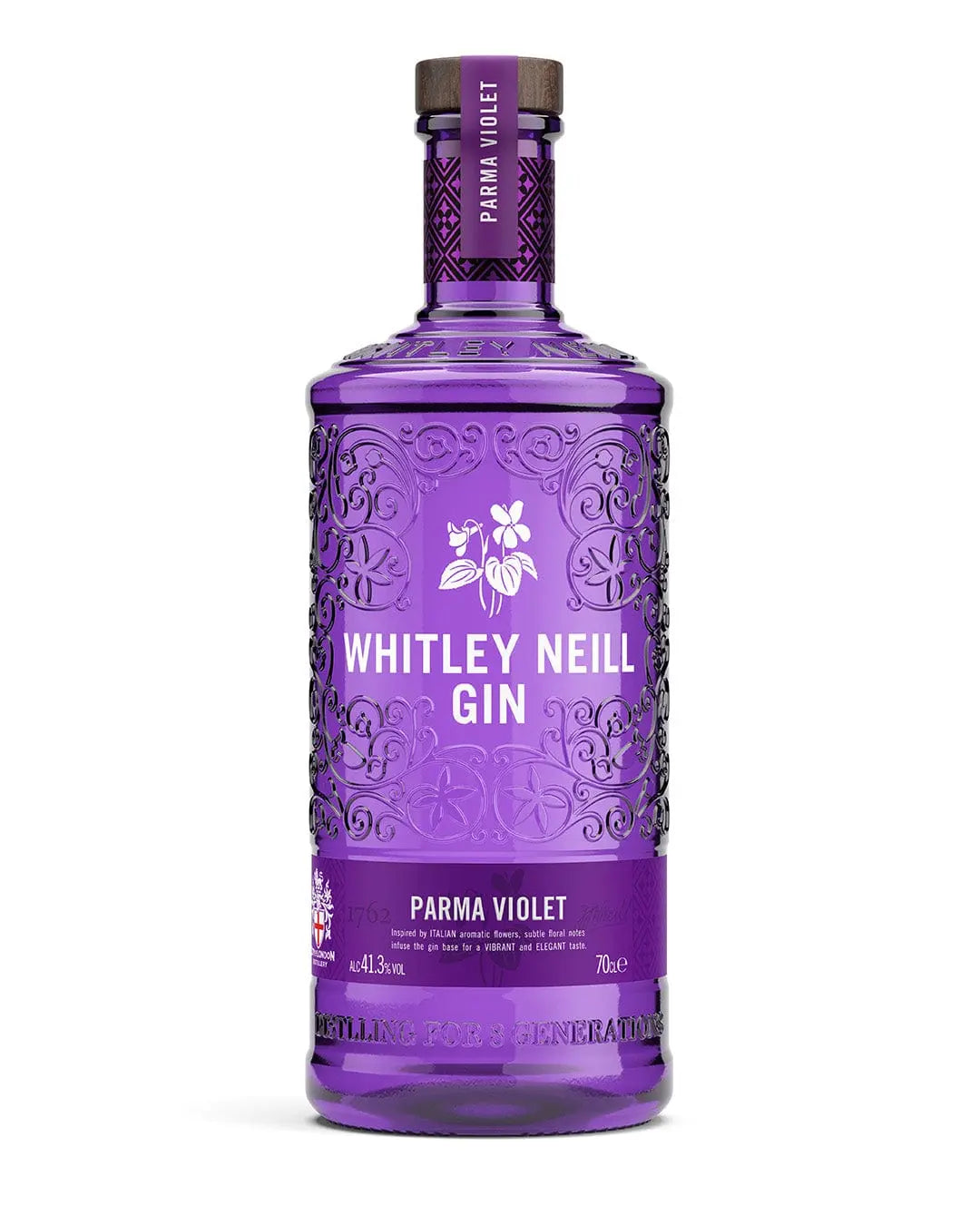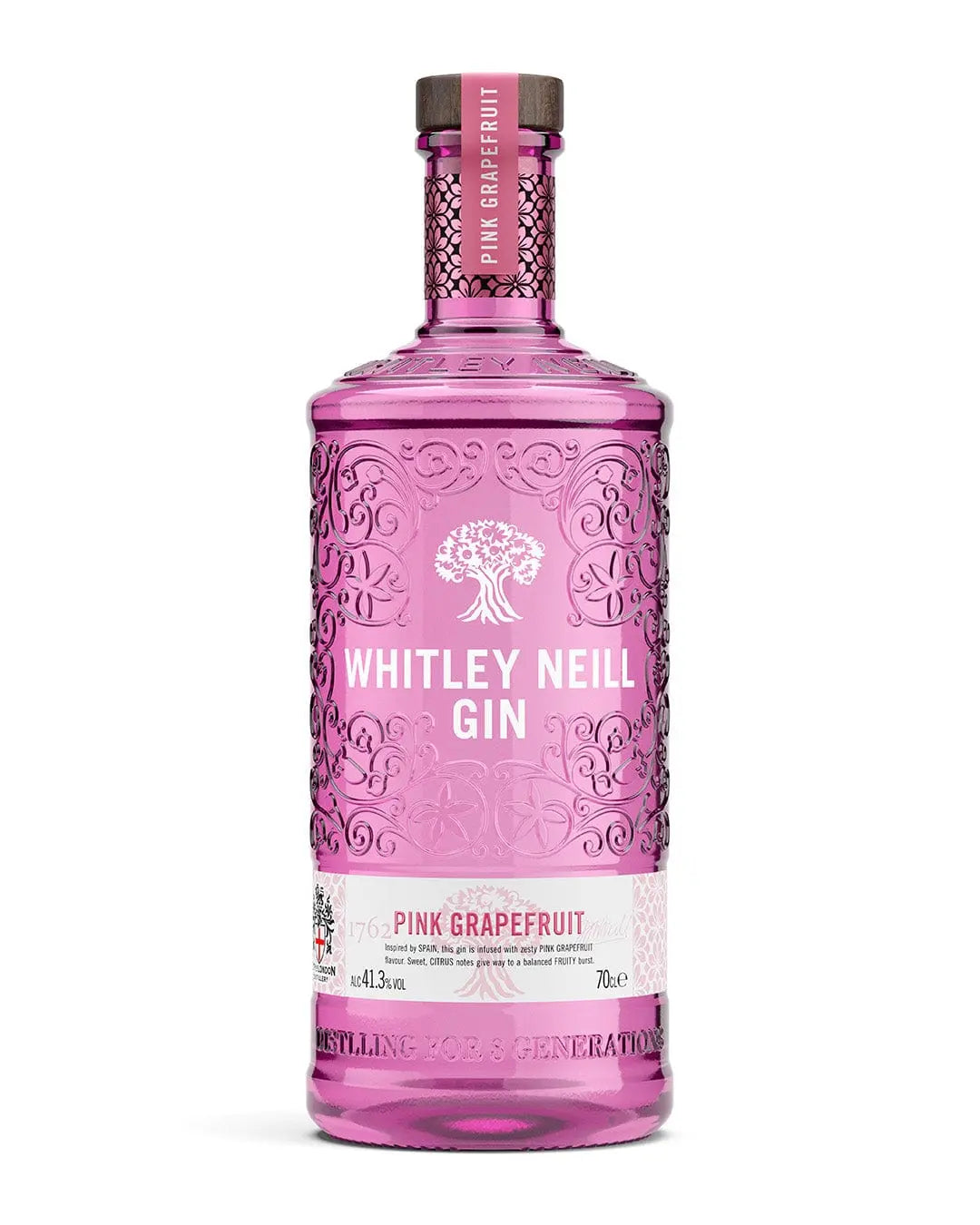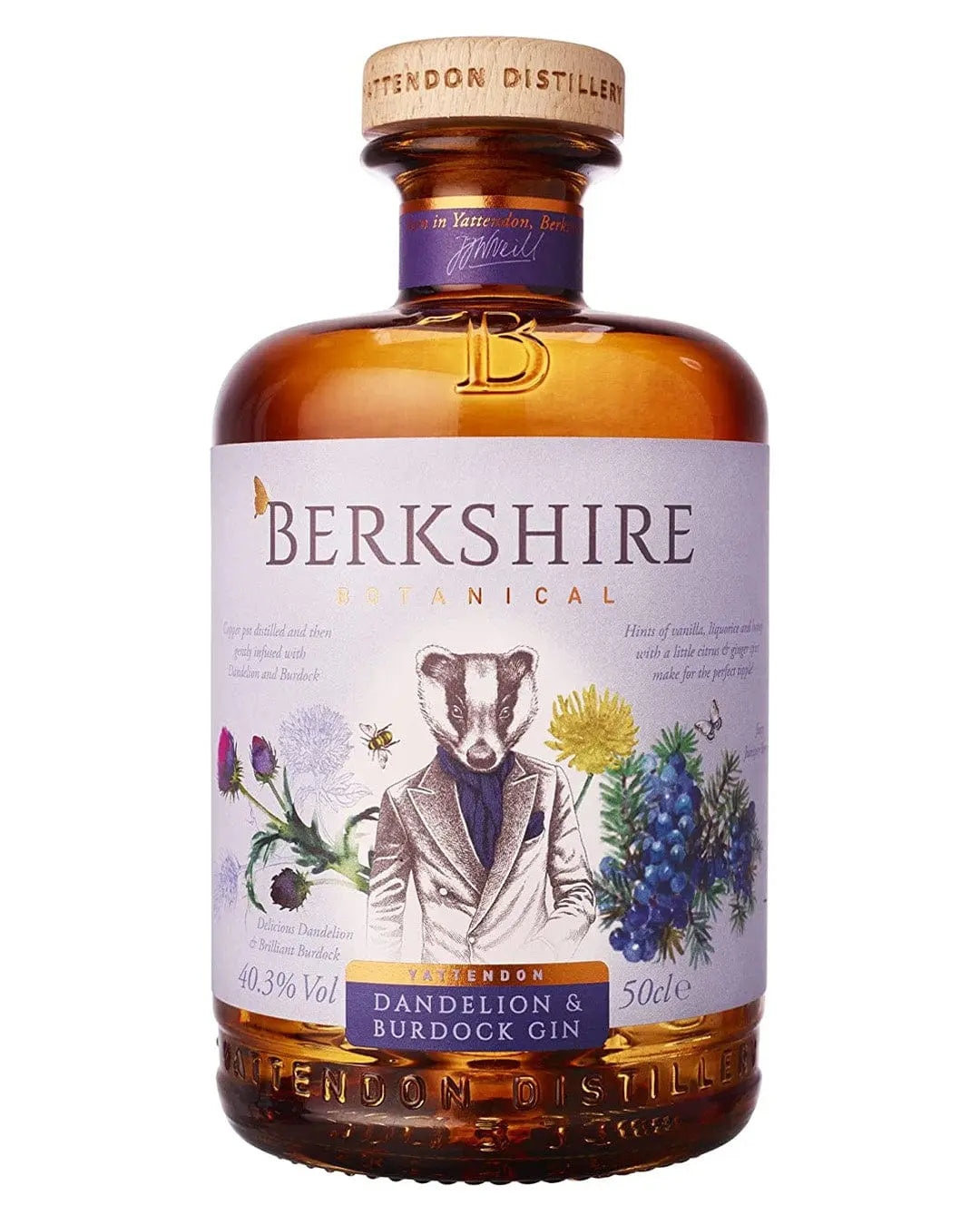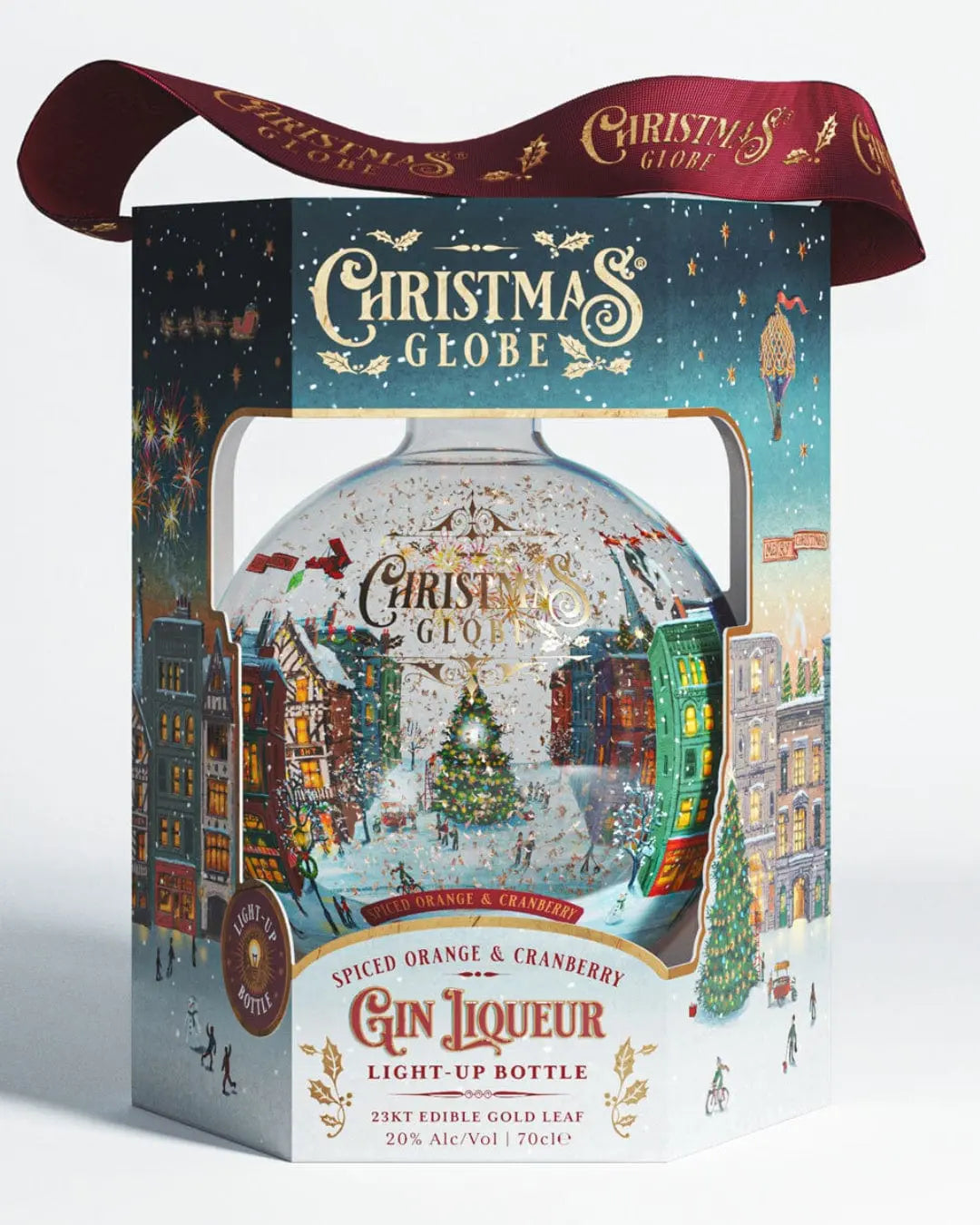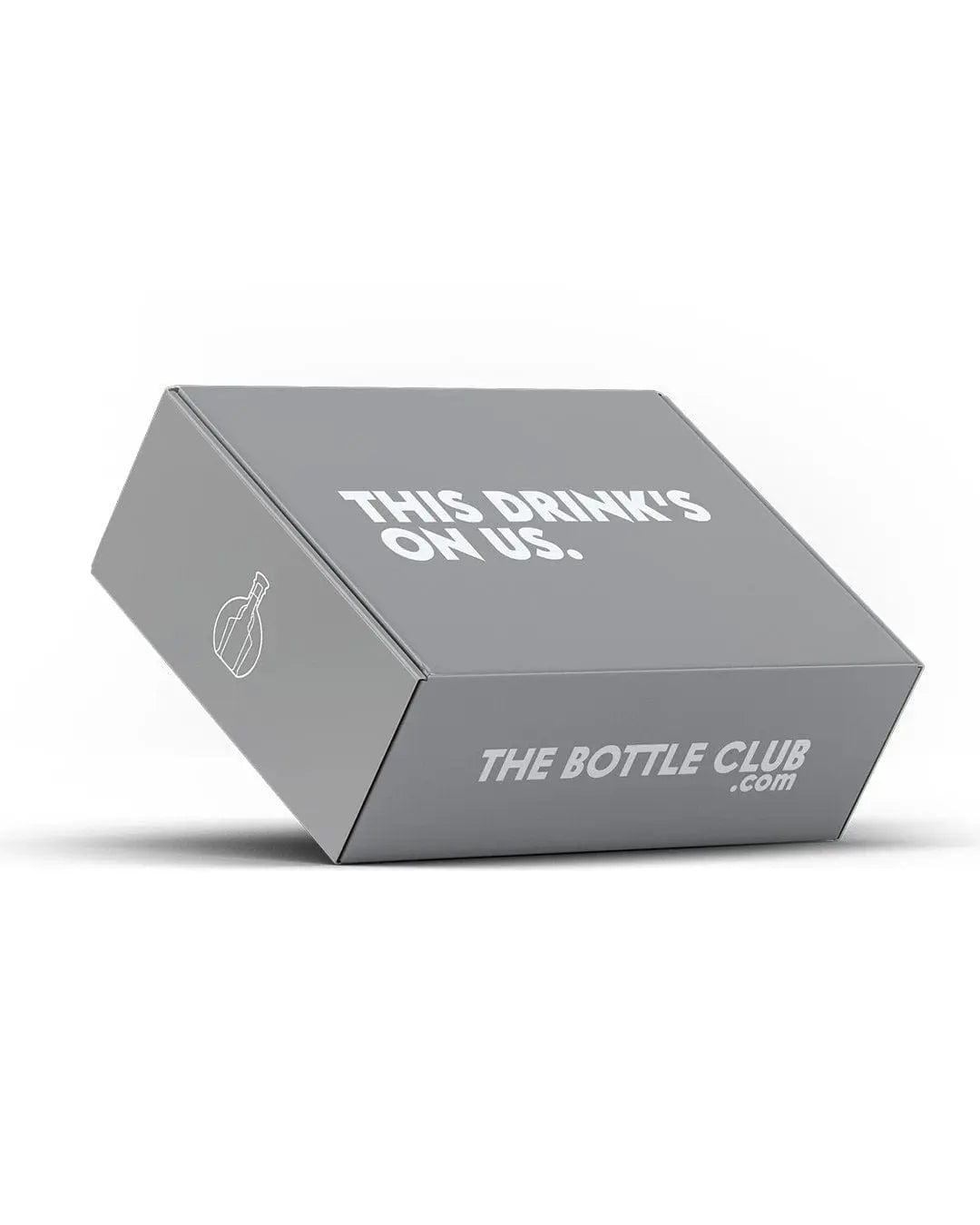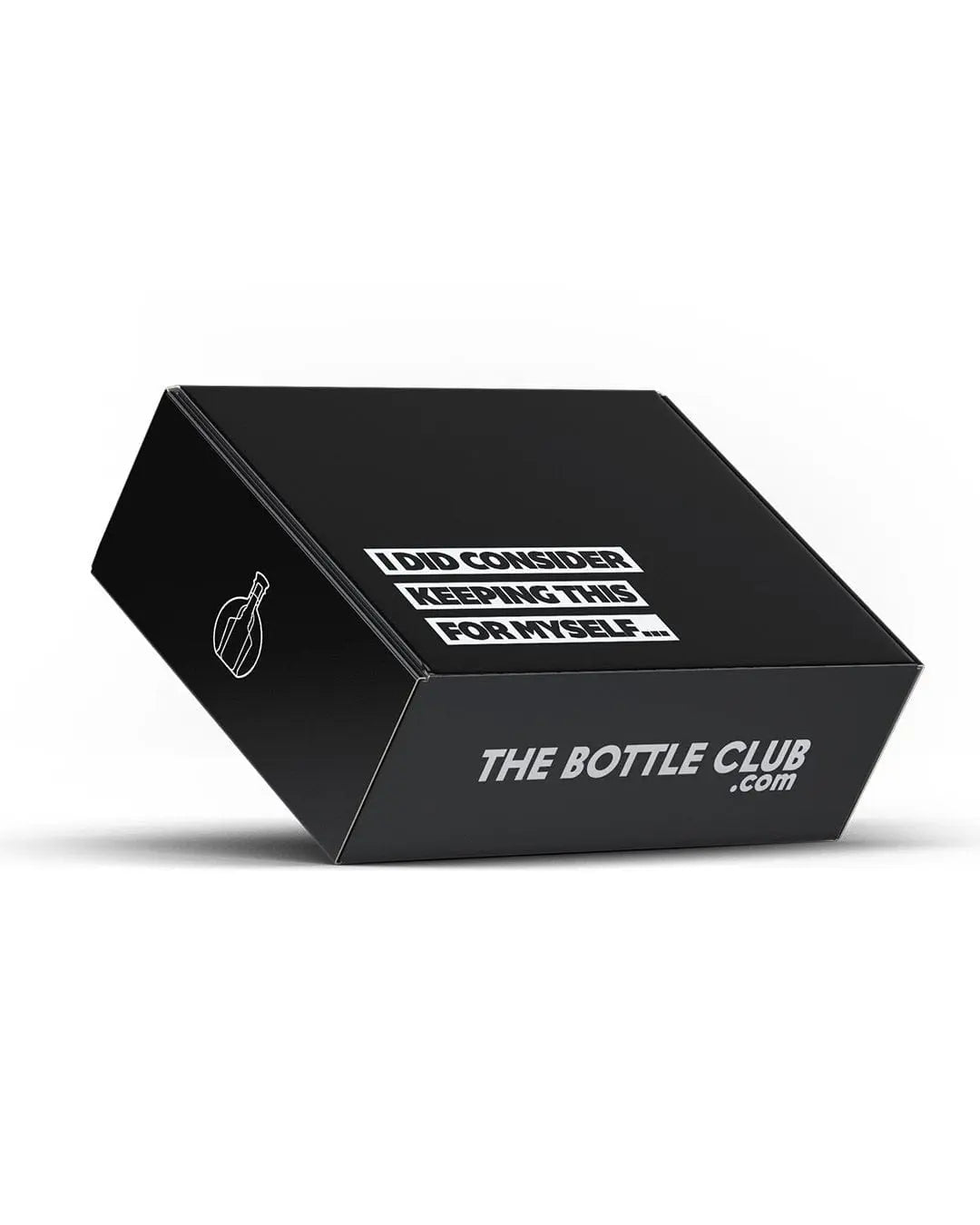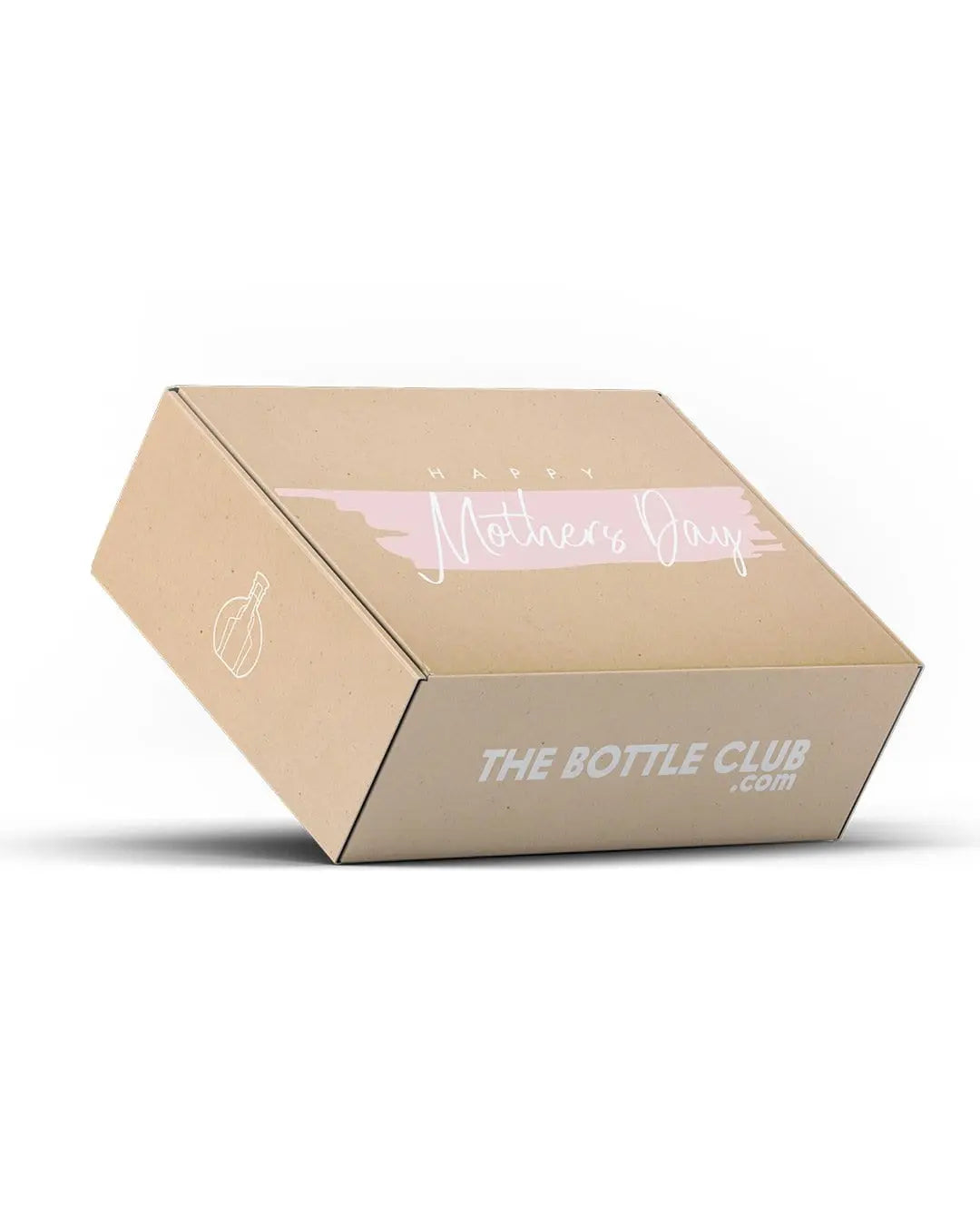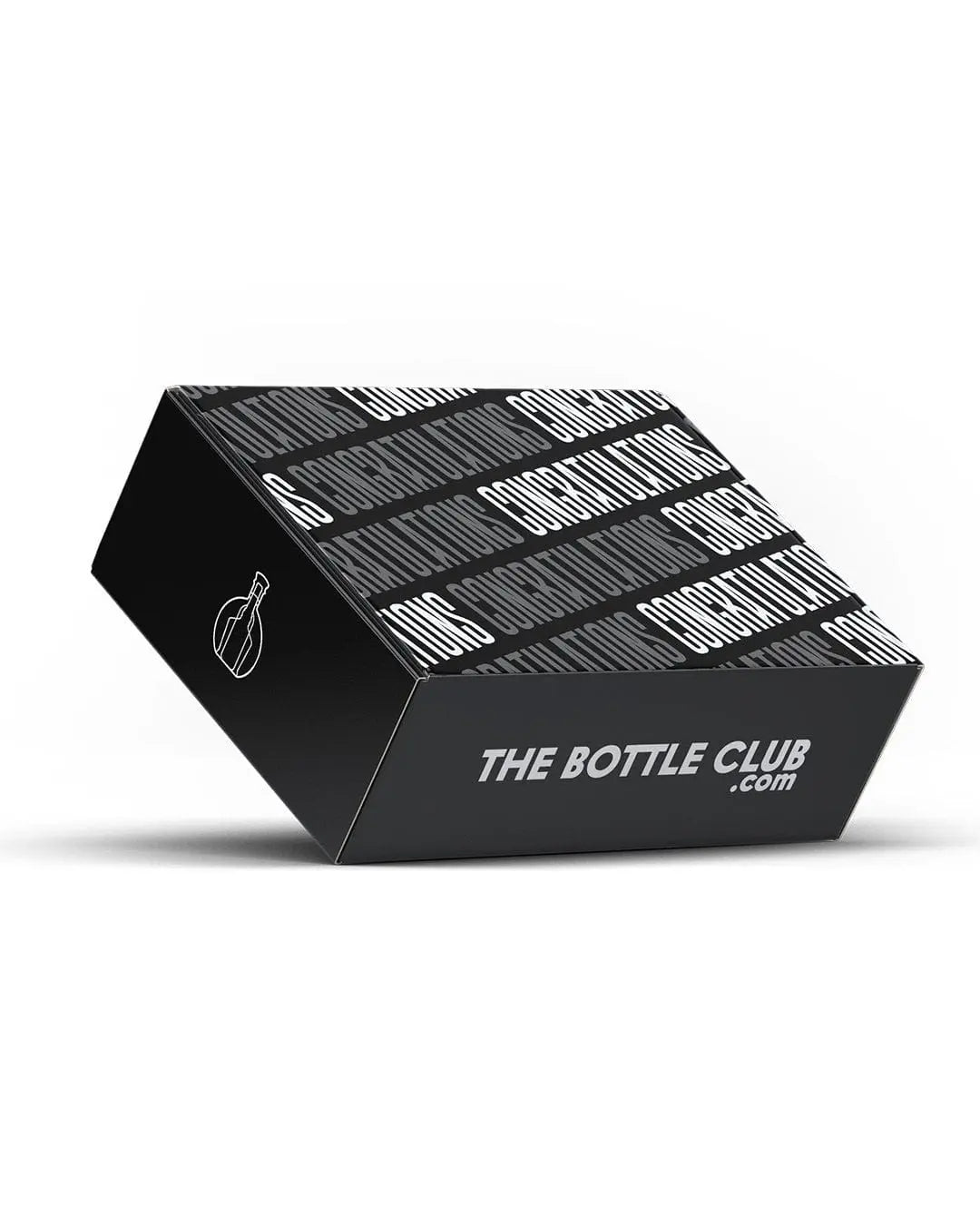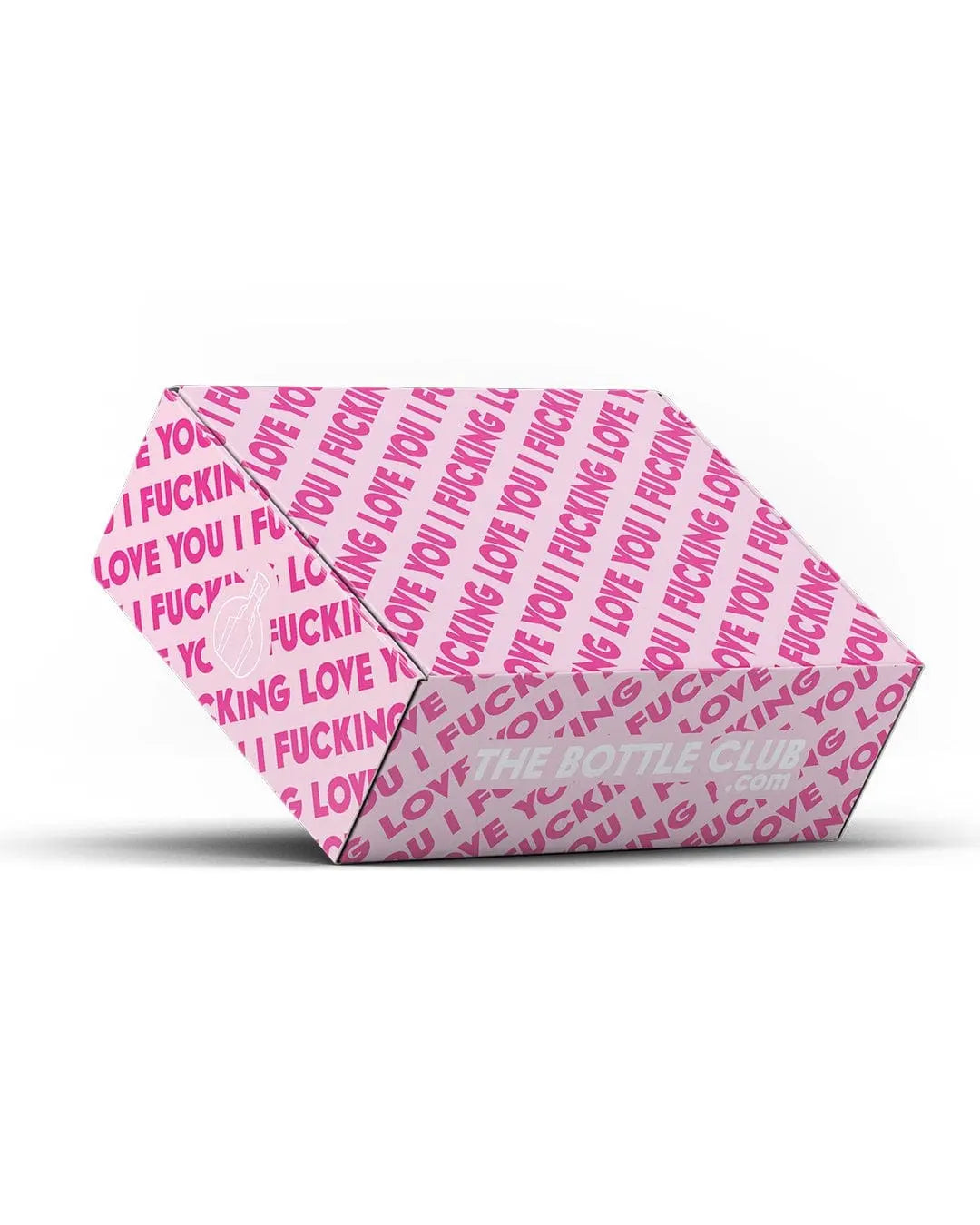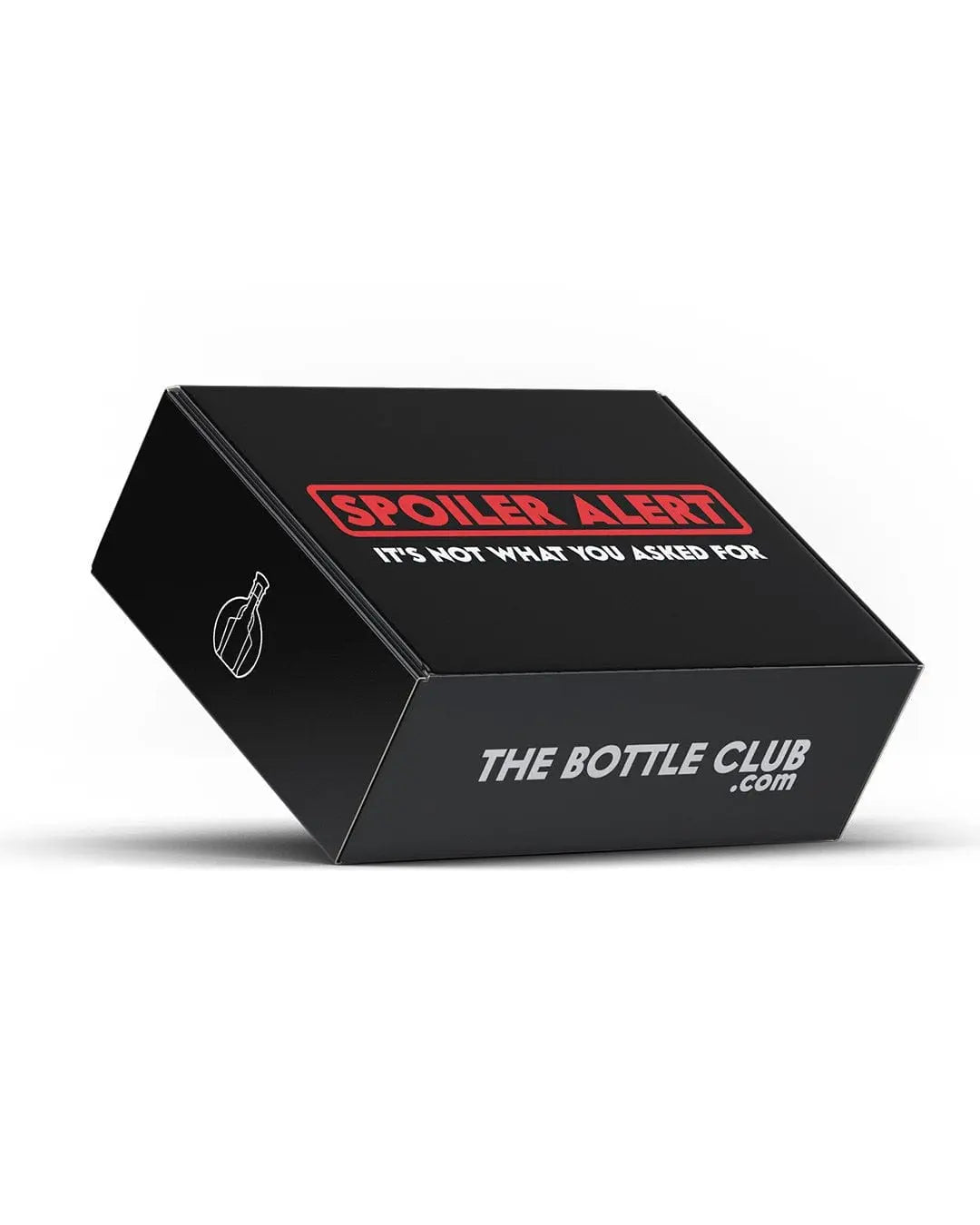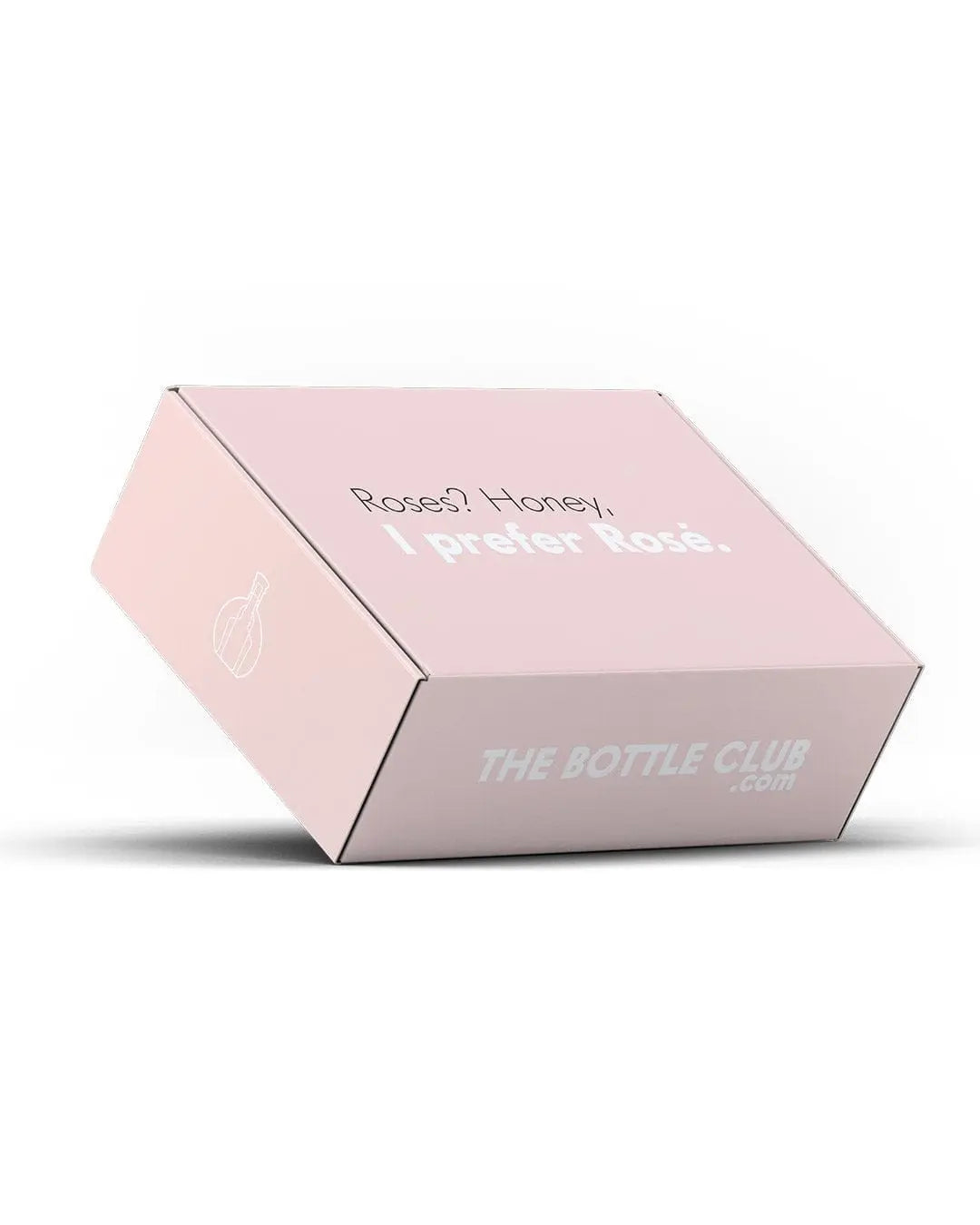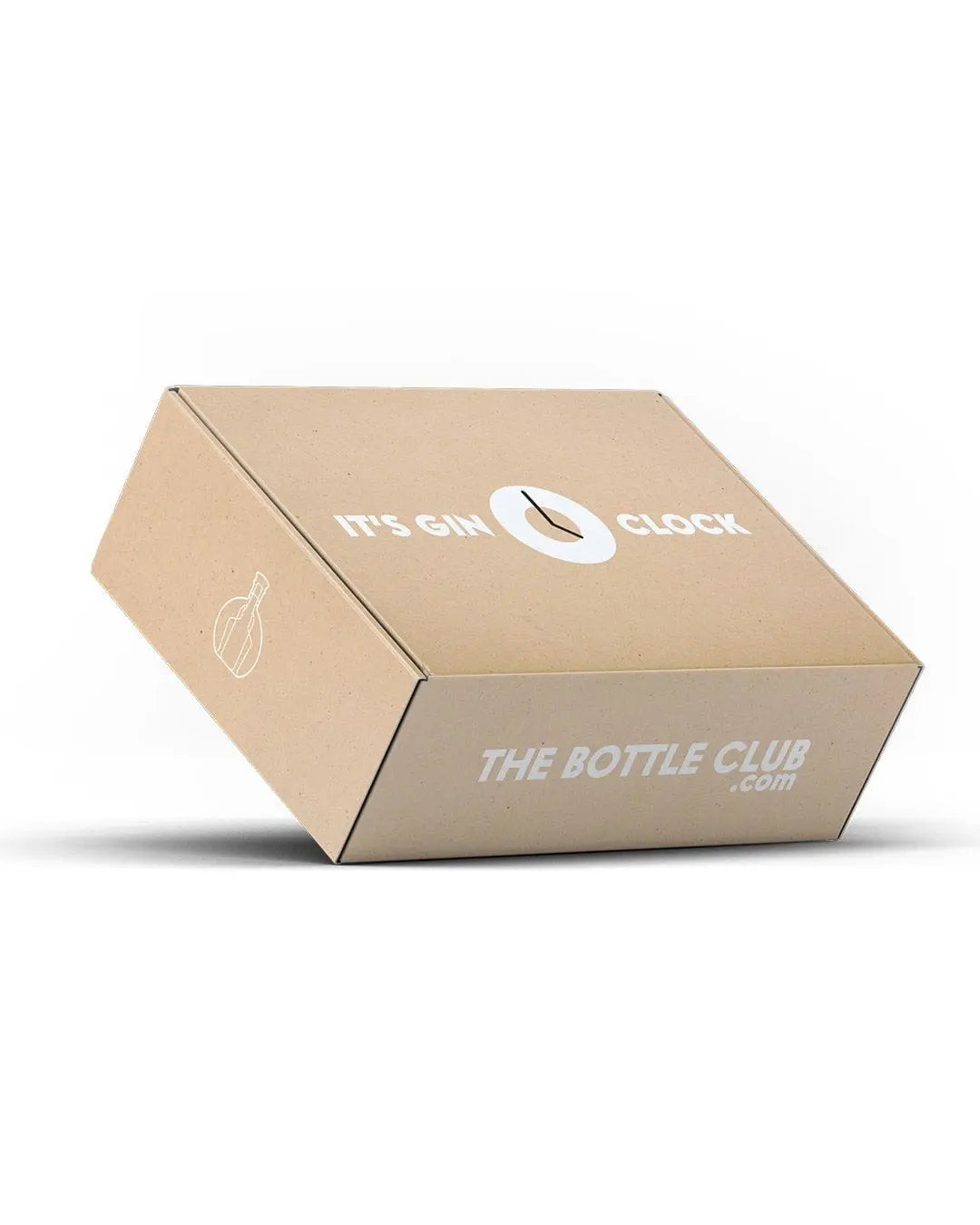
GIN
Gin's more than a drink; it's a vibe. Drenched in heritage and bursting with botanicals, it's about time you got acquainted with the gin dynasty.
Shop by Type
Toast to the New Year with your favourite spirit
Brands that ain't just about the booze, but the legacy. The OGs, the rule-breakers, the ones you need on your shelf
DID YOU KNOW? GIN EDITION

Genever

Juniper Flavour

Medicinal Properties

Philippines

British royal family

Morus LXIV
Dry Gin & London Dry Gin
shop moreLearn More About Gin
Wanna level up your gin game? Dive deeper into the gin realm, from its intricate distillation processes to the botanicals that define its core.
Flavoured Gins
Straight-up gin's cool, but have you tried it when it's gone wild? Citrus, coffee, and the curveballs in between
Toast to the New Year with your favourite spirit
Brands that ain't just about the booze, but the legacy. The OGs, the rule-breakers, the ones you need on your shelf
Latest in Gin
shop nowGin FAQs
London Dry gin is a specific type of dry gin. To be labelled ‘London Dry’, the gin must meet specific requirements by law. When you buy gin with the ‘London Dry’ label, it won’t contain any artificial ingredients, it won’t have been sweetened, and no flavours will have been added after a certain point in the distillation process. All of this gives London Dry gin a unique, sharp taste that really lets the gin’s natural botanical flavours come through. It’s also sensational in a Martini.
The UK is the gin capital of the world, with thousands of different gins produced across the country from major producers and small craft distilleries alike. The US also makes a lot of gin, and it’s distilled across Europe too. Browse our full collection to discover a world of gins.
Gin starts life with either a grain - for example, maize or wheat malt - or potato base. The base ingredients are dried, before being mixed with water and yeast to create what’s known as ‘gin mash’. This mixture is then heated and stirred before being mixed with Juniper berries - gin’s key ingredient - and other botanicals. This can include fruits, herbs, spices and even florals. This concoction is then left to ferment for several weeks.
The fermented gin is then strained and filtered to remove any sediment that may have settled during fermentation. The mixture is then distilled using either the pot still, column still or compound method, depending on the distillery’s preference. It is at this stage that the alcohol is purified and the botanical ingredients infuse into the gin to create those delicious flavours that make each gin unique.
Every gin has its own unique taste, with many featuring undertones of citrus, which is frequently used in the gin-making process. The final taste of a gin depends on which botanical ingredients have been used in its production. Most gins have a fresh taste, with hints of pine, accompanied by those distinct botanical additions, including herbs and spice.
Gin is best served chilled, so should be kept in the fridge before drinking. Good-quality gin can be enjoyed neat, with the addition of an ice cube or two to reduce the alcohol burn. Add a wedge of lemon, lime or even grapefruit to add a little something extra to your drink.
But of course, many believe the best way to drink gin is in a gin and tonic. From classic tonic to flavoured variations, explore our curated selection of tonics to find the perfect pairing for your favourite gin.
The best glass to drink your gin from all depends on the precise way you’re planning to drink your gin. The classic way to enjoy a G&T is in a Copa glass, also known as a ‘gin balloon’. These rounded, bowl-like glasses are ideal for allowing the subtle botanical flavours of your gin to breathe - and it means there’s plenty of space for added citrus wedges, cucumber slices, or even a sprig of fresh mint. If it’s a Martini that you’re rustling up, you need a Martini glass. Find the perfect glass for your gin in our full glassware collection.
Gin is a popular cocktail base, as it lends itself well to taking on almost any flavour. Some of our all-time favourite gin cocktails include:
Get all the mixers and other cocktail essentials you need for rustling up everything from a G&T to a Long Island Iced Tea when you buy gin online, and make sure you’re always ready for gin o’clock.
Gin is one of the spirits that’s best served chilled, so it’s fine to store it in the fridge. If you don’t have space to keep your gin in the fridge all of the time, store it in a cool, dark place out of direct sunlight, such as in a cupboard, pantry or cellar.
Gin doesn’t necessarily need to be stored upright, only if it has a cork topper. If you keep corked gin on its side, the cork can interfere with the liquid, spoiling your gin.
Gin starts to oxidise once it’s been opened, which means its flavour will change over time, quite literally leaving a bitter taste in your mouth. Although gin doesn’t go off as such, it’s recommended that you drink it within a year once opened for the very best taste.



